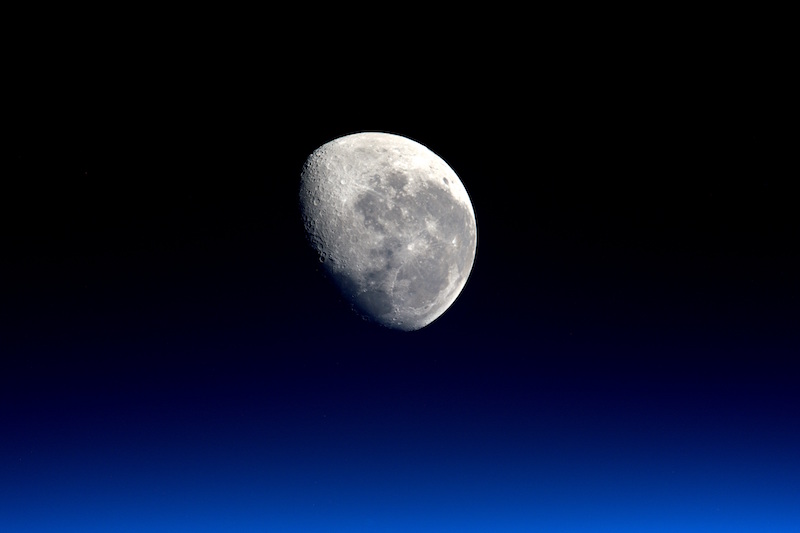Chris D’Souza is an aerospace engineer at the National Aeronautics and Space Administration (NASA), where he is the design lead for the Orion navigation system. Prior to joining NASA, Chris worked at the U.S. Air Force Research Laboratory at Eglin AFB, at the Charles Stark Draper Laboratory in Cambridge, Massachusetts, and at the Jet Propulsion Laboratory, focusing on the Magellan Mission to Venus. Chris received his BS and MS degrees in aerospace engineering at the University of Illinois, and his PhD in Aerospace Engineering from the University of Texas. He and his wife have two teenage daughters and live in Houston, Texas, where they are active members of a PCA church.
What do you do every day?

Orion is the next generation of exploration vehicles to go to the moon and beyond, replacing the space shuttle. My role is to make sure its navigation design is state of the art so that it can run autonomously and return the crew safely to earth. My days, then, are spent doing a lot of analysis and derivation of equations as well as attending meetings. We have a “design as you fly” philosophy, which means we have a bias toward action and trying to do things better and more efficiently than prior space shuttle teams.
What is Orion scheduled to do?
The next Orion mission is in two years. It will be unmanned and travel past the moon to a stable orbit beyond it. One of its missions may be to rendezvous with a redirected asteroid, bringing it to the stable orbit by using the gravitational system to tow it.
How does your work give you a unique vantage point into human brokenness?
At NASA, my colleagues and I have accomplished a lot in our careers. We’re at the top of our game. This brings a fair amount of pride, arrogance, and an absolute surety we’re right. People in our industry often have enormous egos. Yet this brokenness is usually masking something else going on in the heart, as we try to find fulfillment by getting our way, not by surrendering it.
How have you confronted that temptation in your own heart?
When I worked at the Draper Lab, which is affiliated with Massachusetts Institute of Technology (MIT), some of my colleagues were exceptionally brilliant and had no problem telling me my work was terrible. That was incredibly humbling to me. It made me aware I could make the most obvious mistakes and be tempted to defend and justify them.
Instead, though, I try to admit my mistakes, take responsibility for them, and move forward. As a Christian, I know I’m a fallen human being but that there is grace in the midst of my sin. If I say something in a meeting I shouldn’t have said, I go to the person and ask for forgiveness, knowing that mercy is ultimately offered at the cross.
Jesus calls us to “love our neighbors as ourselves.” How does your work function as an opportunity to love and serve others?
I don’t just want to be a good engineer; I want to mentor the next generation of engineers about the importance of relationships. Whatever else we do as engineers, our work is ultimately about people—people made in the image of God. One of the best ways to lead them is to listen to them, to get to know them, and to let them know I appreciate and care about them. As a result, my colleagues often come to me when they have personal problems, and they’re usually open to having me pray for them.
Editors’ note: TGCvocations is a weekly column that asks practitioners how they integrate their faith and their work. Interviews are condensed and edited.
Is there enough evidence for us to believe the Gospels?
 In an age of faith deconstruction and skepticism about the Bible’s authority, it’s common to hear claims that the Gospels are unreliable propaganda. And if the Gospels are shown to be historically unreliable, the whole foundation of Christianity begins to crumble.
In an age of faith deconstruction and skepticism about the Bible’s authority, it’s common to hear claims that the Gospels are unreliable propaganda. And if the Gospels are shown to be historically unreliable, the whole foundation of Christianity begins to crumble.



































